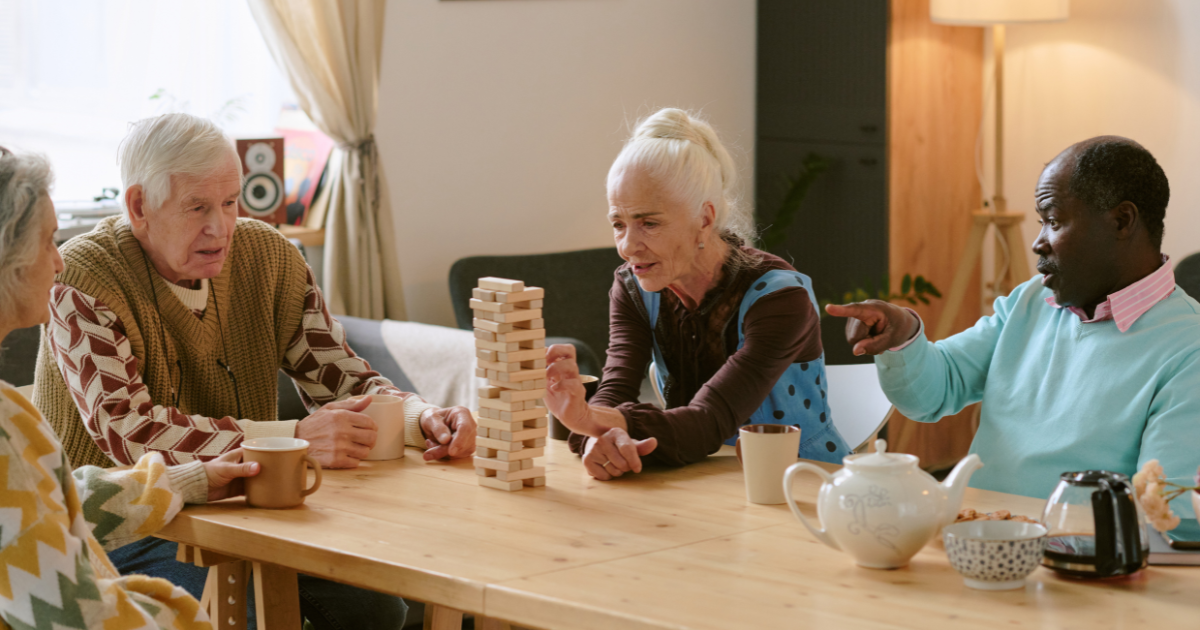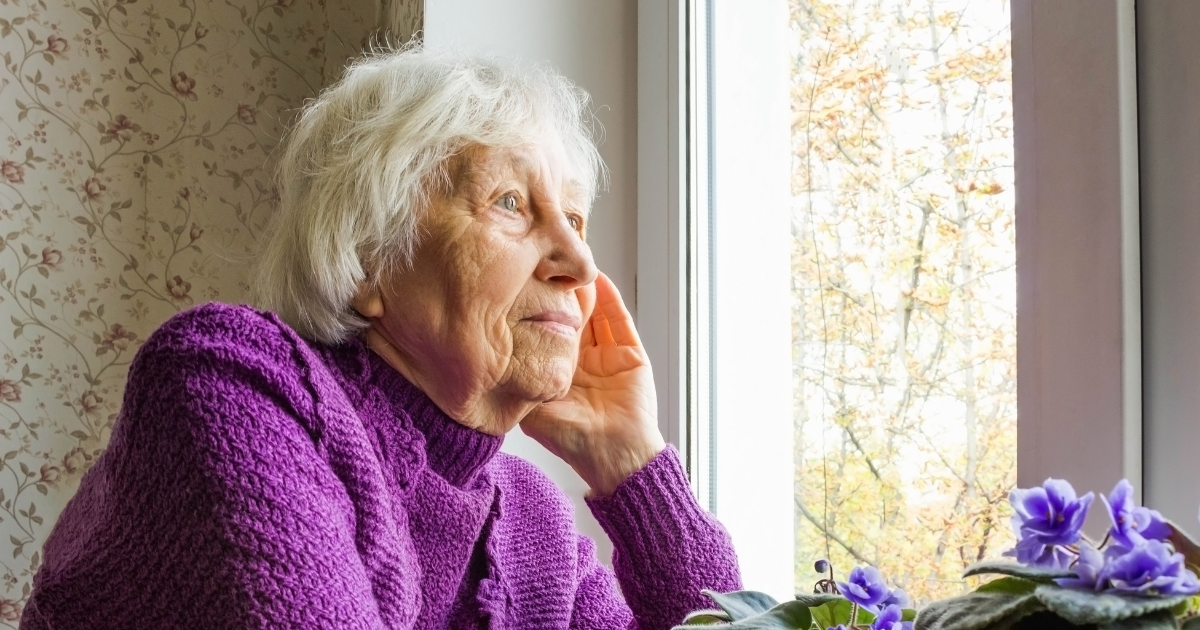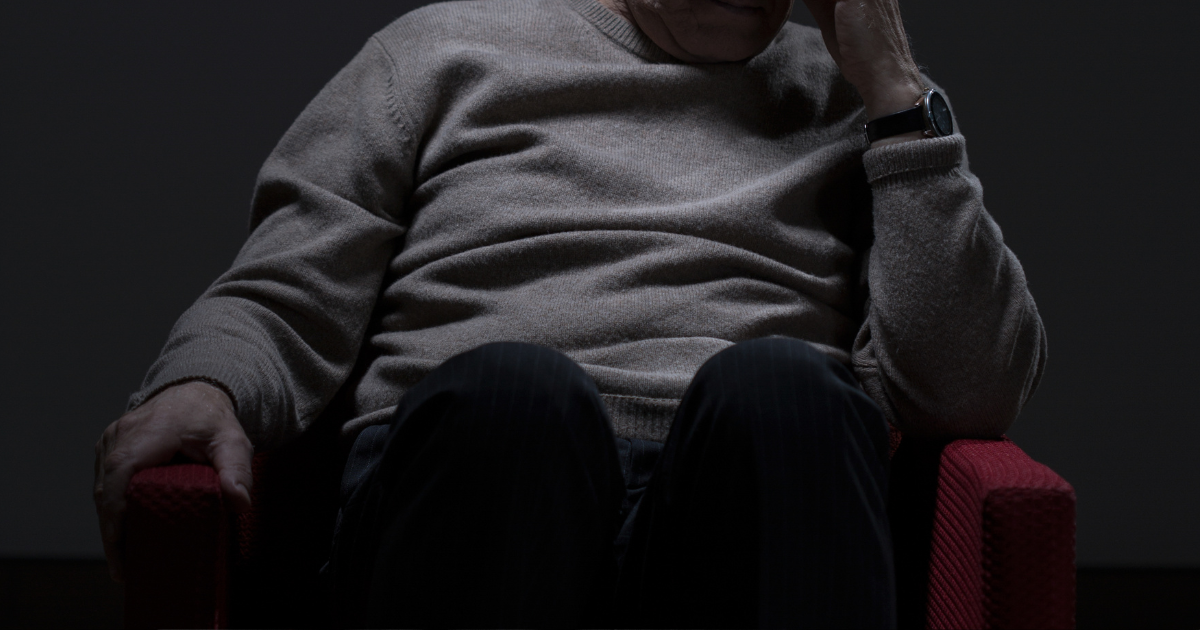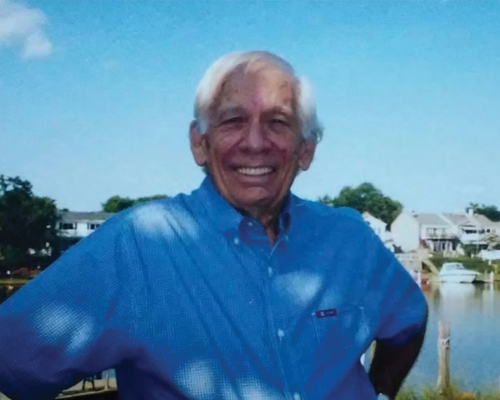CHAPTER 16 - Wrong Again
Having seen how Dotty, Rob’s daughter, and her family ransacked his house while he was isolated and imprisoned in so-called Assisted Living, and after she told him that they were giving his car to her granddaughter and were going to sell his house, it was hard to imagine that they could be more brutal. I thought it was likely that they would sell everything of his that they couldn’t use themselves and toss the rest. But I was wrong. When I next visited Rob, I found that his one room at the facility was filled with more than 30 items from his home – furniture, artwork and decorative items – including large photos of Dotty and family.
EVIL INTENTIONS
What was their intention? Certainly nothing kind or helpful, although it may have looked that way to staff or visitors. In a peculiarly evil and obvious way, they were telling Rob that his one room was his new home. It was a cruel reminder of the cherished home he would never see again. He said to me, “I wish they hadn’t done it, but they worked so hard.”
With all the embellishments, he still did not have a phone, with voicemail, that he could manage. His hearing aids kept “disappearing” and he had no way to contact anyone on the outside. He had few visitors and Dotty was there for each one. When a friend offered to take him out for a ride, or for lunch, Dotty said no. I was fighting anger, guilt, frustration and denial.
MY DILEMMA
I attempted, over and over, to get Rob to tell Dotty that he objected to the way he was being treated. It seemed the only way to fight what was happening. Perhaps he did try. Perhaps he received anger and threats. He never talked to me at length about his situation, but occasionally he said that he wished he wasn’t there, that, given a choice, he would be at home. He said several times, strangely, “This is Dotty’s place and if I go home, I will be alone.” He often referred to the facility as Dotty’s place. It must have been part of the brainwashing she was doing.
Rob did agree to send Dotty a direct statement, saying that he did not want to give up his car or his house. There was no response. She must have been telling him all kinds of lies. I did not want to say to Rob that Dotty was evil but I could not defy her directly. Rob was always honest, disciplined and direct, but not confrontational. He was smart and sensible and funny. He had a strong will to live and had survived several major illnesses and surgeries. He did have a large stubborn streak. I wondered how Dotty was managing to manipulate him.
BE THERE
I tried to be there every day. This is how I discovered the importance of keeping your loved ones out of institutions or if that is not possible, seeing them every day. I saw many ways in which the staff of Rob’s assisted living facility was complicit in his torment. What did the staff think of his family stuffing his room full of unnecessary furnishings? Wasn’t this unusual – never mind that it made the one room more claustrophobic – and more difficult to clean? Dotty had to be influencing them somehow. Where did she even get the idea? Is there a handbook for abusers?
IN HARM’S WAY
Over the next few days, Dotty or her husband were there every day. It was obvious that they were planning for his death. They took his car, stripped his home and sold it while he was still alive. They cleared out his whole house – 86 years of memories, books, photos, tools, TVs, cameras, furniture, artwork, prized possessions – before he died. They dismantled and destroyed his whole life. It was as if he was being flayed alive: layer after layer of his strength, pride, dignity and hope were stripped. They killed his soul. Killing his body took a little longer.
By this time, I was afraid of her propensity for hate and revenge. I had the locks on my house changed. I also called the county Adult Protective Services.
IT IS NEVER TOO SOON
1. To educate yourself about the warning signs of any elder abuse:
- Unexplained bruises, burns, pressure marks, lack of personal or medical care, dehydration, weight loss
- Unusual changes in alertness or behavior
- Body bruises or unexplained sexually transmitted diseases
- Sudden changes in financial accounts, wills and trusts. Unexplained checks for “gifts” or “loans”
2. To prevent elder abuse:
- Be aware of the possibility for elder abuse.
Keep track of older family members, friends and neighbors -- especially those who lack family and social connections or who become unable to care for themselves. Many older people simply “disappear.” - Stay connected, when possible, with older friends and relatives. This will help prevent their isolation and give them a chance to talk about any problems they may be having. It can also help you notice any changes in their behavior or physical condition.
- If a loved one has a caregiver, either at home or in a facility, visit often and keep an eye on the caregiver.
3. To learn about programs that support elders in need:
- Become familiar with programs such as Meals on Wheels, Legal Aid, the many daily check-in services, grants for family caregivers and other financial assistance programs.
- Elders also need to maintain their health with regular check-ups, and be aware of the existence of abuse – by institutions and by family or “friends.” Elders need to have a plan.
DO IT FOR YOU. DO IT FOR THEM. DO IT NOW
If you educate yourself, you can be the best shield against the abuse of your friends and loved ones. The facilities are often complicit. The oft-promoted government programs, the elder attorneys, even the elder’s own physician are unreliable at best, especially in family abuse situations, and responses can be inconsistent, non-existent, or can cause further harm.
You must make a plan for how you want to live if you become incapacitated, and tell your loved ones about it. You have to know what you want and don’t want if you expect someone to speak up for you when you can’t.
✔️Atul Gawande Being Mortal – A wonderful book about medicine and health and what matters in the end.

















